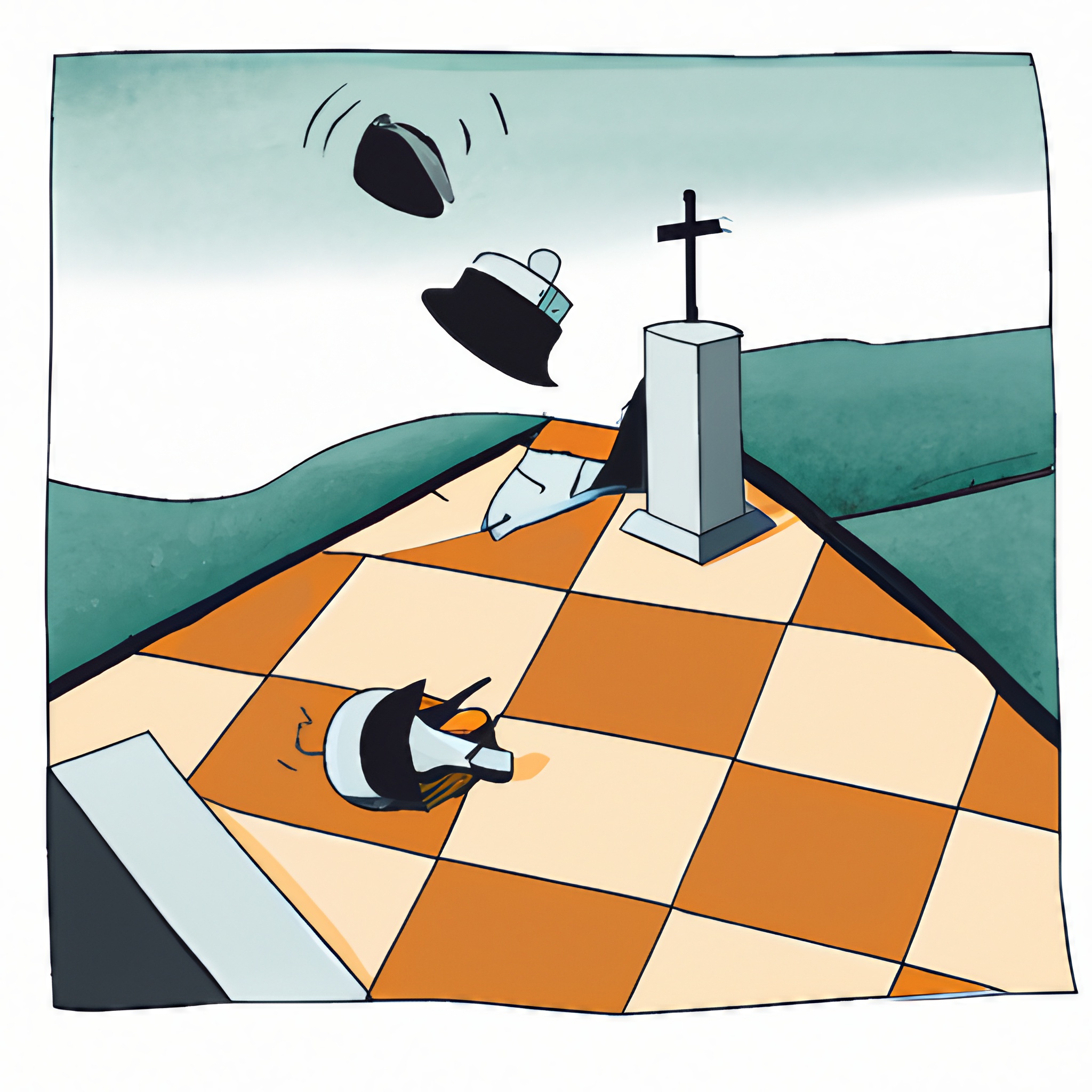We [I] use a lot of sports analogies, especially basketball. I played for so many years, that the concepts between business and basketball are pretty fluid. No team in the NBA has EVER pulled off an 82-0 season. Meaning 82 wins and 0 losses. It has never happened. The best single regular season record was in 2015-16 by the Golden State Warriors, holding a 73-9 record. But here’s the kicker, they lost to the Cleveland Cavaliers in the finals.
Everyone loses.
What’s more important than losing, is learning from your L’s. The deal that was right there but fell through, the customer that keeps asking for more than what’s agreed, and bad experiences in general are lessons not losses (as long as you don’t keep making the same mistake). If you keep making the same mistake, you might as well right those as losses. You didn’t learn a dog-on thing.
We’re going to walk through a few scenarios where it felt like a loss in the moment, but a lesson for life.
Lesson #1: Understand your prospect’s pain point

You had one of your best pitches. The prospect nodded their head during your presentation, they were smiling with you, and laughing on cue at all of your jokes. They liked you. They respected you. And, they trusted you. Thirty minutes, maybe an hour, into your presentation and your feeling excited. This is a sure thing. However, at the end they leave with no solution in hand. This could be for a number of reasons, but I would like to know why you were selling a state-of-the-art, downtown, 1 bedroom, 1 bathroom condo to a couple with 3 kids.
Actually, I’ll tell you why, it’s because you didn’t understand their pain points. You didn’t filter your offering to meet the needs of the family of five. Instead you gave them a one-size fits all approach. Your pitch could have been incredible. The energy matched and all of that jazz. But, you didn’t give them anything that solved their problem. That’s why they walked out and are going to someone else.
Lesson #2: Be likable, respectable, and trustworthy.

There are three areas of connection in sales that you want to excel in: Likeability, Respect, and Trust. If you can nail all three, then you are going to be in a really good place as long as there is a product fit. One of the things that can happen is being too familiar. Think about it like this. When your family asks for your help with moving, it may be begrudgingly, but you help them move. They might offer to pay you, but you see it as a favor. Family comes first. In business, you want to give, you want to share, and you want to do right by your customers. However, be careful when you are too familiar or too much of a family member to your prospects during the sales process. One of two things will happen, either they’ll look at your services as a favor, or you will.
Lesson #3: Give information that moves the deal forward

Oh goodness. As a technical salesperson you may be tempted to explain every little detail and nuance about the product or service. You’ve been selling it for so long that you know your script inside and out. It’s become a part of your lifestyle. Great, but not so fast. You’re selling a marble countertop. Halfway through you start explaining how, “In 2007 this countertop cost $25 per square foot, but due to a 9% inflation over a 2 year period, adding the the logistic bottleneck of the pacific, this investment appreciates overtime to take you from 1%-3% y.o.y., to 12,000, break that down into square footage and if you were to remove the bolts from the…” Do you see where we’re going here? To nowhere. It’s a bunch of numbers and information that only you know. There’s too much information, there’s no emotional connection, and now they’re leaving. Wave goodbye, because they are more confused now than when they came in. Keep it simple and give information that moves the deal forward.
Lesson #4: The setting matters

Imagine going to a Mercedes-Benz dealership. You notice that there aren’t many cars on the lot. It’s almost isolating, in a sense. Slightly unnerving. Standing close to this building makes you feel exposed, yet curious. So, you take a step forward near the lobby. The windows were covered in a layer of dust and sparse cobwebs, there’s graffiti on the walls. As you peak in, the stench of regurgitated cottage cheese jeers at your soul. Furniture, in what’s left of the four walls, is stained from vague value grade coffee spills and stagnant water leaks. The lime green and mustard yellow linoleum floor would be bright enough to disorient you if it weren’t for the scattered paperwork and strewn office supplies. Your body weight pushes the door a shade enough to creak. Racing is your heart rate, slugging at your chest. It’s cold, foggy, and the wind is chipping at your bones. And, just when you thought it couldn’t get any more eerie, a shadowy figure in the distance stomps through puddles in heavy macabre boots towards you. You’re paralyzed in panic. Every swallow feels like a rotting peach pit constipated in your throat. The chaotic, blistering-paced footsteps get louder and louder, closer and closer. The papers are suspended in the air. Until finally, a being of considerable stature stands over you and grumbles, “How may I help you today.”
I don’t know about you, but as soon as I smelled that regurgitated cottage cheese, I’d be OUT of there. No second thoughts. Gone.
This might be a little dramatized, but this is why setting is so important. You want your customers to align your product or service with the setting of your business or negotiation. When there is a disconnect, they will disengage because things aren’t adding up.
Did you take a loss, or make a lesson?
You only lose when you don’t learn. Convert the thoughts into making note of what you can do better to help your customers. When you have the better solution, you need to be able to convey that to them. Over time you’re going to accumulate losses. It comes with experience, it comes with wisdom. However, if you are able to reframe the situation and be truly grateful, you’ll be able to appreciate every lesson along the way.
Just think, the Golden State Warriors learned a lesson in 2016, then won in 2017, 2018, and 2022.

